Wellington's Temple Sinai
Temple Sinai
Temple Sinai
by David Cohen
Temple Sinai, a first in the capital, was founded in Wellington in 1959. Up until this point, Jewish community life in New Zealand had been organised along Orthodox lines, with the chief rabbi of the Commonwealth — formerly the old British Empire — being the titular head. During the 1950s, however, non-Orthodox congregations were also established in Auckland and Wellington. Both these groups, which are affiliated to the worldwide Progressive Jewish movement, remain active and, given their relatively small size, highly visible.
The roots of Wellington’s Progressive Jewish Congregation date back to Rabbi John Levi arrival in Wellington from Melbourne to investigate the possibility of establishing a new Liberal congregation. A number of Jews in the capital were interested. Later that same year, Temple Sinai began life.
Reform Judaism maintains that Judaism and Jewish traditions should be modernised and compatible with participation in the surrounding culture. Its various branches hold that Jewish law is an open-ended concept rather than set in stone. Traditional Jewish law is therefore often interpreted as a set of general guidelines rather than as a list of restrictions whose literal observance is required of all Jews. Its differences with traditional Judaism can be seen in, for instance, its more liberal interpretation of Jewish identity, which allows for the offspring of mixed marriages in which only the father is Jewish to be counted as fully Jewish if the child is raised accordingly, or in something more straightforward such as driving motor vehicles on Shabbat.
Aspects of the Progressive Congregation’s services in Wellington will be familiar to congregants accustomed to Reform, Reconstructionist, Liberal and Jewish Humanist services. Officially, it is affiliated to the Union for Progressive Judaism-Australia, New Zealand and Asia, and its current name was agreed to by members in 1997. The group, which meets at 147 Ghuznee Street, describes itself “a forward-thinking organisation” dedicated to improving the lives of members and the wider community.
Among the rabbis to have been employed by the congregation is Adi Cohen, an Israeli who came to Wellington from a progressive Jewish congregation in Kiryat Ono, in Israel. He was also a rabbi at the Jerusalem campus of Hebrew Union College. The group currently has no permanent rabbi, but rather makes use of visiting ministers and congregants. Budgetary challenges have not diminished it enjoying considerable profile over the years, and sometimes even controversy, as for instance when it publicly rebuked a former foreign minister, Winston Peters, for his statements about Muslim groups. It took an active role in responding to the desecration of local Jewish graves in 2004. A small number of its members have been publicly outspoken — which is to say, critical — on policy decisions taken by the Israeli government.
The group also attracted attention for having been the country’s first to appoint a female rabbi, Johanna Hershenson, in 2006. The Washington DC-born Hershenson, who was 40, had completed her studies at Hebrew Union College, Cincinnati earlier in the decade and arrived in Wellington after holding a rabbinic post at Wilshire Boulevard Temple, a large synagogue in Los Angeles.
In an interview with the New Zealand Herald, she talked about the sexism she said she had experienced in her role, something she attributed to either "ignorance or maybe a sort of edgy humour." And she felt only compassion, she said, when members of her congregation were embarrassed to admit to having a woman rabbi in front of their more traditional family members. "I understand the pressure of pleasing parents or trying to keep your adult child from drifting too far away. I totally get that," she said. In her case, she said, the response tended to come from the opposite reaction, a type of reverse sexism in which she is, in a sense, viewed as a trophy rabbi.
Image above header: Temple Sinai, Wellington. Photography by Keren Cook.
This article first appeared on the Jewish Online Museum which was our founding website.
©Jewish Lives 2021


